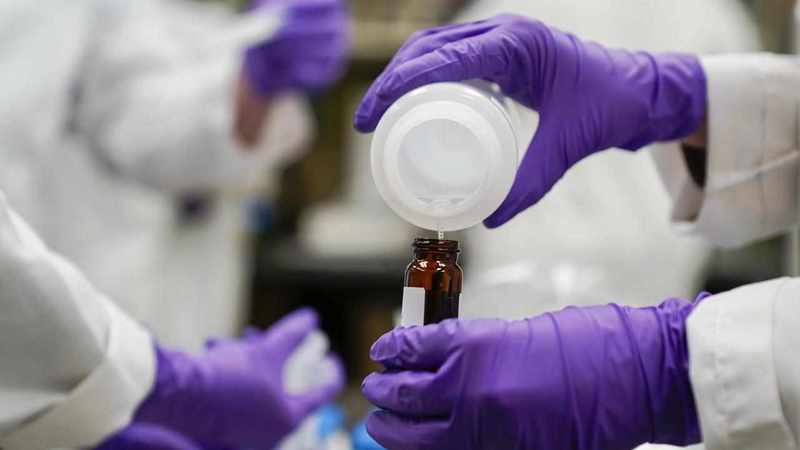The first study to quantify the environmental burdens of 'forever chemicals' has found it is likely the future impact has been underestimated.
Per-and poly-fluoroalkyl substances, commonly referred to as PFAS, are man-made chemicals heavily used since the 1940s for their resistance to heat, water, grease and stains.
They are found in everyday appliances from non-stick pans to clothing, insecticides, food packaging and firefighting foam and once in the environment they don’t degrade further.
An international study, led by UNSW, looked into PFAS concentration levels in Australia and assessed the levels of contamination in surface and groundwater across the globe.
More broadly, the study found many source waters globally were above PFAS regulatory limits.
Some were above five per cent, and even 50 per cent in certain cases, Prof O'Carroll said.
The study, published on Tuesday in Nature Geoscience, suggested actual PFAS pollution in global water resources could be higher than suspected.
“There’s a real unknown amount of PFAS that we’re not measuring in the environment,” he said.
“Commercial products like garments and food packaging have a lot more PFAS in them than we realise. This means we’re likely underestimating the environmental burden posed by PFAS.”
Many locations in Australia had chemicals above recommended drinking water levels, but they tended to be in areas where firefighting foams had been used in the past, like military institutions and fire training facilities.
They were also found in source water, such as dams.
“Drinking water is largely safe, and I don't hesitate drinking it,” senior author Professor Denis O'Carroll said.
“I also don’t suggest that bottled water is better, because it doesn’t mean that they’ve done anything differently than what comes out of the tap.
“But I certainly think that monitoring PFAS levels and making the data easily available is worthwhile.”
In 2023, the World Health Organisation declared PFOA, a type of PFAS, a category one human carcinogen.
An Australian government expert panel on PFAS suggested there was limited-to-no evidence they posed clinically significant harm to human health.
But European and American peak bodies said there were links to adverse health outcomes.
"The health effects reported in these associations are generally small and within normal ranges for the whole population," the Australian government panel, established in 2017, found.
"There is also limited-to-no evidence of human disease or other clinically significant harm resulting from PFAS exposure at this time."
The Australian government is proposing to halt the importation, manufacturing and use of three groups of PFAS chemicals by July 2025.
These include biosolids that are spread on Australian farmlands in fertiliser, fibre-based food packaging and contaminated waste.









